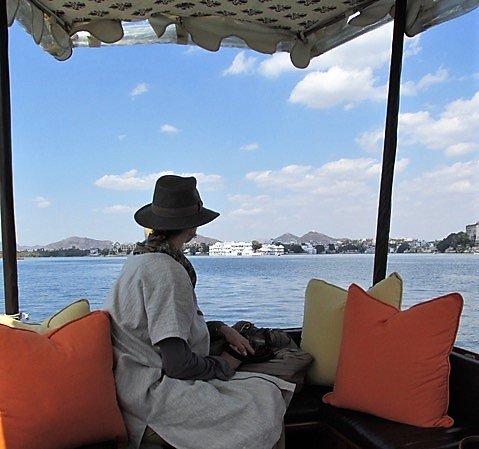Navigating the Travel Industry
By Miranda Plunkett
Retired and finally with the time to travel when you want and no obligation to fit in with the boss’s timeshare in Maui or to take that annoying and expensive week when the office is closed between Christmas and New Year. Having this time also poses the question of whether you should organize your own travel or use outside help. With so many resources (travel blogs, CNT best lists, Airbnb, your alumni group tours), navigating the travel industry can be as daunting as the trip itself. When should you seek advice and where to find it are the main questions.
As a rule of thumb, countries in the southern hemisphere tend to be those where assistance is needed. For example, Africa, India and some countries in South America and South East Asia are better visited with a professional itinerary. And certain types of travel such as safaris, cultural trips to places like Machu Picchu and Rajasthan plus adventure expeditions are more expedient with support. Safety and security are the foremost reasons followed by the knowledge that if something goes wrong you have someone to sort out the problem. Plus having the nice touches of being checked-in at airports and escorted right to the security gate that should be included in a personalized itinerary.
So how do you go about finding someone to organize your trip? The traditional agent seems to have morphed into a more complicated creature; luxury destination expert offering bespoke, tailor-made, off the beaten track iconic trips etc. Who are these amazing people and what do they actually do? Unfortunately, the travel industry seems to be stuck in a tedious groove of jargon. They all offer travel services but with varying degrees of experience and quality. The challenge for the consumer is to find the one that suits them best.
Like any other service it comes down to personal comfort levels and choosing someone who listens and understands your preferences. Friends’ recommendations are a good starting point and identifying a ‘specialist’ which is someone who only covers one region or type of travel. This way you will have a better chance of dealing with a person who has actually been to the country you want to visit which is always an advantage. Always check how they charge and what is and isn’t included in the trip.
Group trips have long been popular in the US and today there is a growing number which are undertaken by professionals in their area of expertise: photography, culinary, historical, political, art, yoga. These are often more attractive to certain retirees. As one client put it they tend to be ‘reassuringly expensive’ with guests staying in the best hotels and the group size limited to around 10 max. This is a great way for single people to travel without feeling lost in a larger group yet with a degree of privacy.
And if you decide to go it alone and self-book remember to ask as much as possible about the accommodation’s location (nearby construction, proximity to highways, zoos, night clubs). Hotel concierges are usually reliable for arranging local transport and airport transfers. Always check visa and entry permit requirements carefully, www.travisa.com is a good resource.
Miranda runs a high-end travel consultancy business, mlpdestinations.com, and advises clients on all areas of travel from whom to travel with to preparing outline itineraries.

